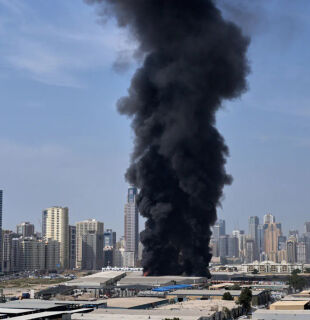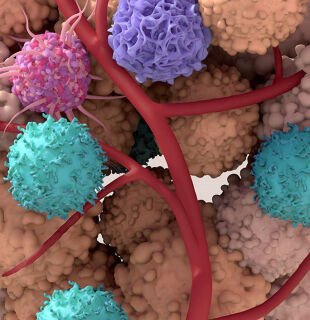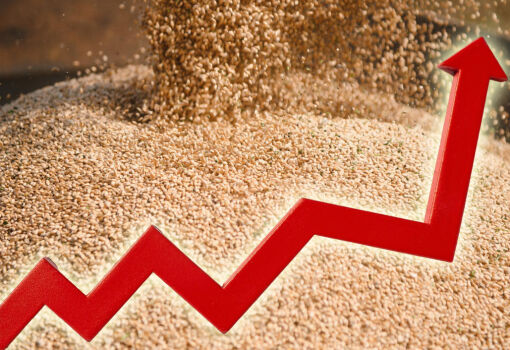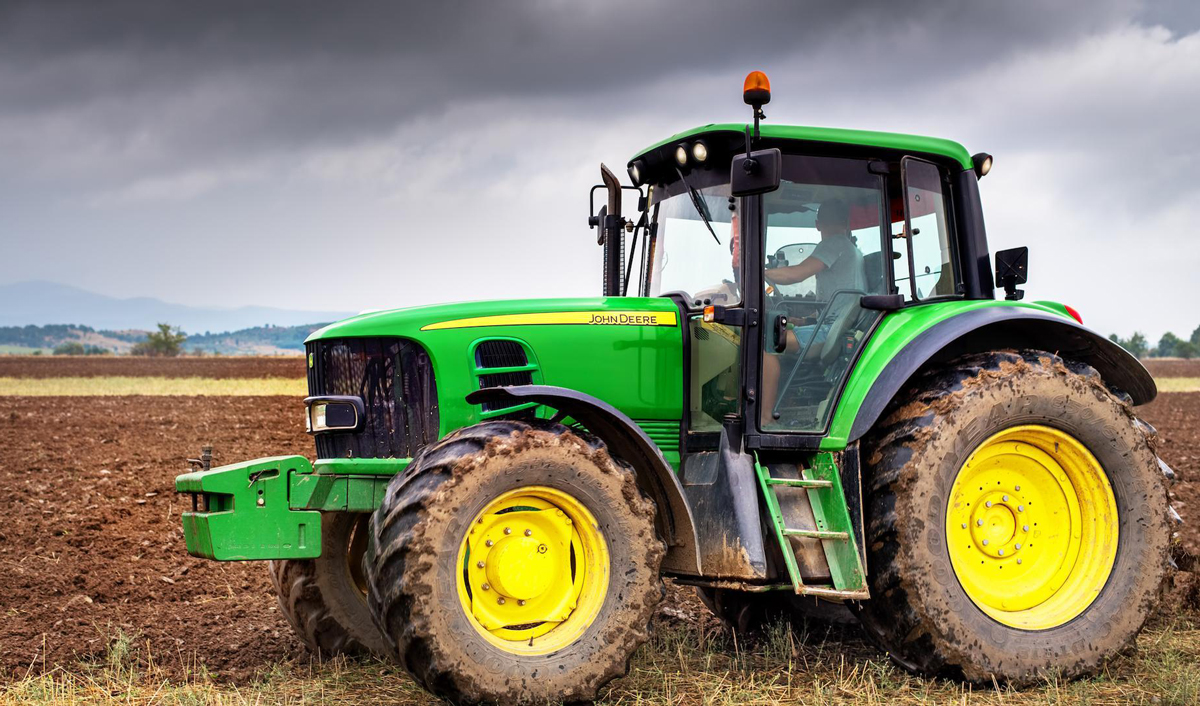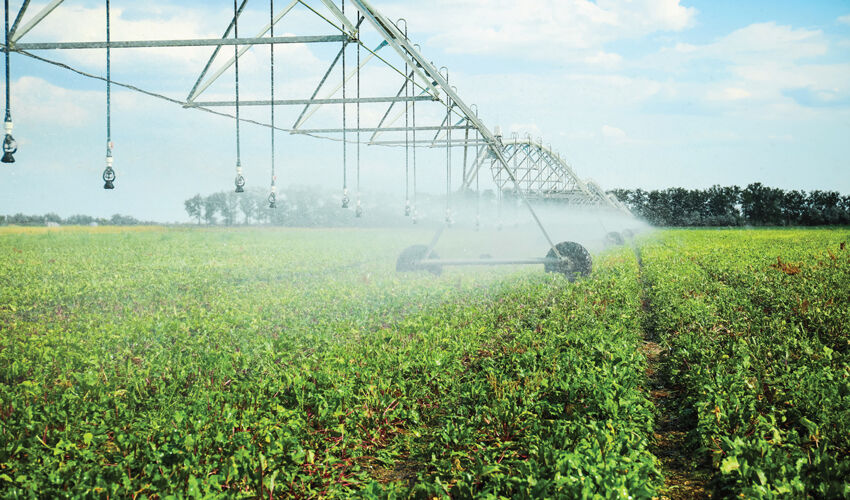
This was announced by State Secretary of the Agriculture and Food Ministry Andrian Digolian, noting that the lack of sufficient irrigation systems is the main problem of Moldovan agricultural producers.
According to him, if earlier there were possibilities to irrigate 180-190 thousand hectares in Moldova, now there are only 35 thousand hectares. At the same time, in 2025, 9 thousand hectares were irrigated from centralized irrigation systems, and another 6 thousand hectares – from small systems. But in general at the moment there is infrastructure for irrigation of 35 thousand hectares.
Andrian Digolian specified that Moldova, with the support of the World Bank, the French Development Agency and the EBRD, is implementing a programme for the restoration of the centralized irrigation systems, which will make it possible to ensure irrigation of almost 21 thousand hectares. Thus, the World Bank allocated $25 million for 3 centralized irrigation systems Korzeutsi-Tetzcani, Tudora-Kaplani, Alexandru Ion Cuza-Etulia. They will allow irrigating another 8 thousand hectares.
At the same time, the French Development Agency is financing feasibility studies for 2 more irrigation systems, which will allow irrigating another 3 thousand hectares. With EBRD support, 3 more irrigation systems will be rehabilitated in Causeni, Gotesti and Puhacheni, which will allow irrigating another 9800 ha.
Thus, in total, this will provide irrigation for almost 21 thousand hectares more. The Ministry of Agriculture notes that farmers’ resilience to climate change depends on their courage to invest in modern technologies that reduce risks and improve production efficiency. Farmers are increasingly seeking access to irrigation for their plantations, as it is essential for: obtaining high and quality yields, better control over the production process, cost optimization and efficient use of resources.
The Ministry of Agriculture and Food, together with its partners AIPA, ADMA and IFAD, has facilitated investments this year that have expanded small-scale irrigation systems to about 3,700 hectares. “Together, we are building a more sustainable and climate-adapted agriculture,” emphasized the Ministry of Agriculture.
